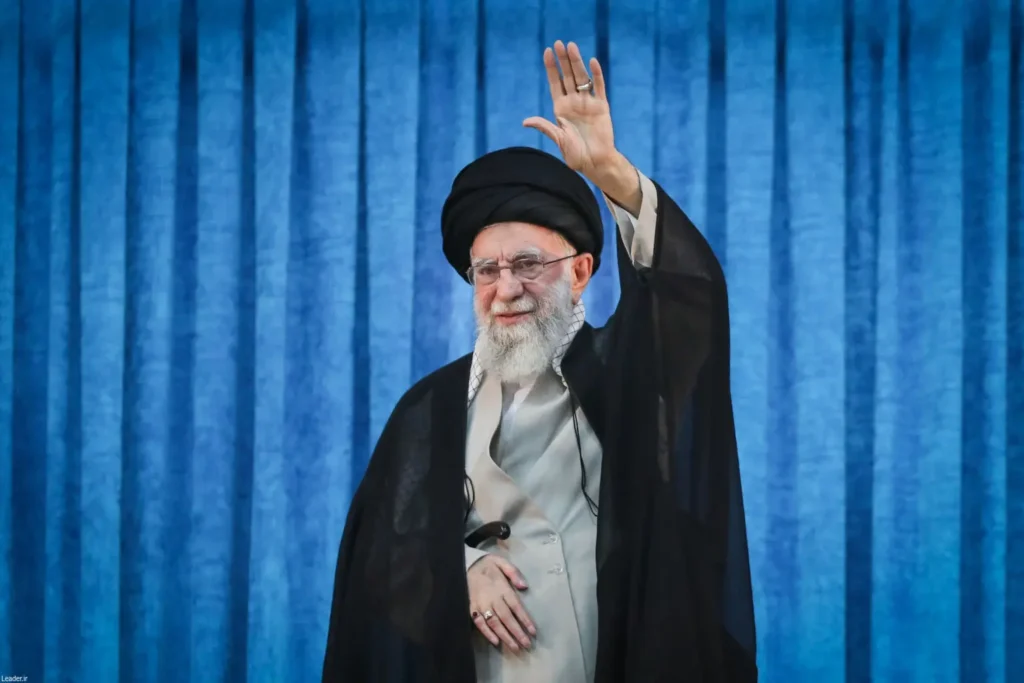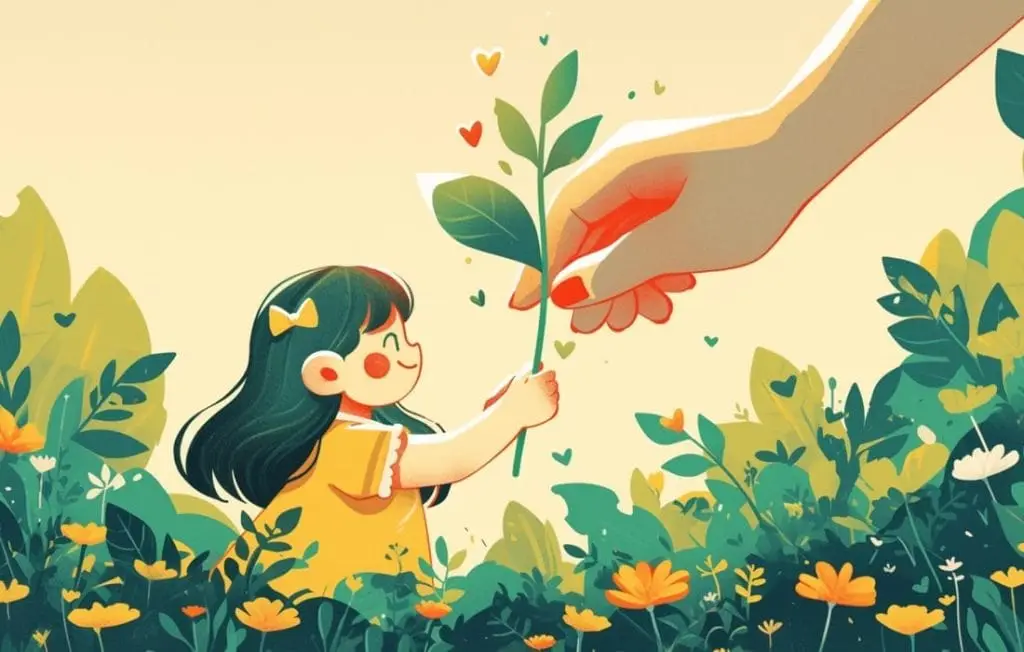Internet Discovers Ayatollah’s Soft Side Amid Iran-Israel Tensions and Goes Wild
In the midst of a tense military and ideological conflict with Israel, Iran’s Supreme Leader Ayatollah Ali Khamenei is unexpectedly back in headlines—but not for a fiery speech or missile warning. Instead, it’s a pair of unexpectedly gentle, almost poetic tweets from 2013 and 2015 that have sent the internet into a frenzy.
One tweet from 2015 reads:

Another, posted in 2013, offered advice on family life:

These resurfaced tweets—filled with emojis, hashtags, and surprising sensitivity—stand in stark contrast to the aggressive posturing typically associated with Khamenei. In recent months, he has vocally supported Hamas and Hezbollah, issued veiled threats to Israel and the U.S., and presided over a hardline regime notorious for suppressing dissent. So why are people now calling him the “Wifeguyatollah” and jokingly nominating him for a marriage counseling podcast?
Khamenei’s Soft Side Clashes With Current Hardline Posture
These tweets have triggered a full-blown meme fest across the internet. The one where he calls women “flowers” has especially raised eyebrows—it’s the unexpected softness that’s grabbing global attention. Given Khamenei’s usual image as a stern, hardline figure, this sudden poetic side has left social media users—particularly in the West and among the Iranian diaspora—responding with a mix of satire, disbelief, and endless memes.
The post on literature, for instance, paints him as a cultured introvert more at home in a library than in a war room. “This man reads Rumi and plots drone strikes in the same breath,” one tweet joked. Another viral reply said: “Can’t believe the same guy who’s reading romantic Persian poetry is threatening Tel Aviv with fire and vengeance.”
It’s not just civilians mocking Khamenei. International observers are also weighing in, pointing out the duality in his digital persona versus his real-world decisions. In the same month these tweets went viral, Khamenei warned that Iran “will not hesitate” to retaliate against “Zionist aggression” and criticized the U.S. for its support of Israel. The contrast is almost cinematic—except, of course, he’s “not into cinema.”
Supreme Softboy? ‘Wife as a Flower’ Tweet Breaks the Internet
But if the book tweet was the appetizer, the real main course was the 2013 tweet. Here, Khamenei urged men to appreciate their wives, calling them “flowers”—even if they’re scientists or politicians. It was as if someone’s uncle discovered social media and started giving relationship advice in broken text-speak. “She’s a #flower” is now an internet relic that will live on in memes for eternity.
Feminist and cultural commentators, however, had mixed reactions. While the sentiment of not burdening wives is progressive by Iranian standards, calling women “flowers” didn’t sit well with everyone. Critics pointed out that while Khamenei praises women in tweets, women in Iran still face strict dress codes, gender segregation, and harsh punishment for civil disobedience.
Still, the internet did what it does best—laugh through the contradictions. Some users joked he should start a podcast called “Ayatollah of Love”, giving husband tips between segments on missile policy. Others photoshopped romantic novel covers with his face on them. One particularly viral meme featured a split screen: on the left, Khamenei tweeting about wives being flowers; on the right, morality police arresting women for not wearing hijabs.
In a rare moment of collective humor, even critics of the Iranian regime found themselves chuckling:
“He may silence dissent, but he sure respects women… like you would a cactus—admire from a distance and water occasionally.”





















